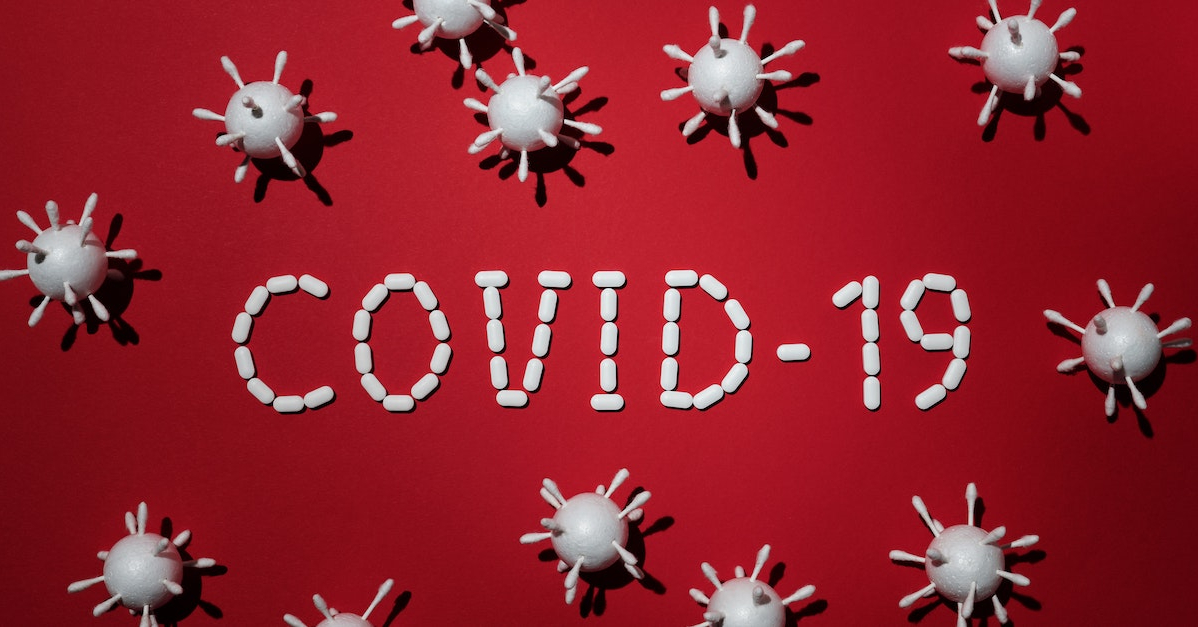The weather is changing as winter looms over the horizon, and with that, a lot more Americans are starting to fall under the weather again. Respiratory illnesses like influenza, the common cold, and of course, COVID-19, all tend to spread more widely in colder months for a number of reasons:
- More time indoors
- Dry air transmission
- Holiday gatherings
For the past two years, holiday gatherings have been dramatically reshaped by the pandemic we’ve all come to know and loathe, and it will almost certainly remain a nuisance through this holiday season.
Extreme COVID flare-ups have continually coincided with extreme weather shifts over the past few years, and the newest sub-variants cropping up will almost certainly make that the case again this year.
If you’re wondering what you and your loved ones should watch out for to stay safe this winter, let’s answer a few FAQs about BQ 1 and BQ 1.1, the newest COVID sub-variants on the block.
What Is The New COVID Sub-Variant?
According to The Centers For Disease Control and Prevention, around 63% of ongoing COVID infections in the U.S. right now are currently the result of two sub-variant lineages that originated from the Omicron variant: the BQ 1 and BQ 1.1 sub-variants. The BA.5 sub-variant, which was most prominent through this summer and fall, is now only responsible for 14% of COVID cases.
The World Health Organization identified BQ 1 as a direct descendent of BA 5 with additional mutations, and both the W.H.O. and the CDC have identified them as “variants of concern.” These variants have been especially problematic for infected immunocompromised individuals, as their mutations have been found to weaken monoclonal antibody medications used to treat higher-risk COVID-19 cases.
However, nothing currently suggests that the newest bivalent booster shot has lost any efficacy in the treatment of BQ 1 and BQ 1.1, nor in treating the symptoms of the COVID-19 virus at large. In a recent press release, Moderna declared that the updated iteration of their booster was “superior” to its last in promoting immune system protection against the new sub-variants.
So if you haven’t yet updated your vax status, be sure to get boosted before the holidays! You can visit www.vaccines.gov to find the nearest vaccination and booster provider in your area.
Are COVID Cases Rising?
The overall death and case fatality rate of COVID-19 has steadily declined since the height of the pandemic, largely in part due to the introduction of game-changing vaccines and antiviral remedies.
However, while COVID-19 mortality rates are currently on the decline, transmissions, hospitalizations, and positive tests all appear to be steadily on the rise. According to The New York Times's most recent 14-day hospitalization figures from their interactive map, the past two weeks have seen:
- A +28% rise in cases from the prior two weeks
- A +40% increase in positive tests from the prior two weeks
- A +21% increase in I.C.U. admissions from the prior two weeks
- A +29% rise in hospitalizations from the prior two weeks
So don’t be mistaken; though overall mortality is down from its peak, clear and present pandemic dangers are still rising substantially, and still alive and well. Stay safe and stay vigilant this holiday season, and stay mindful of these symptoms.
BQ Variant Symptoms
Symptoms of BQ 1 and BQ 1.1 are similar to the symptoms of other COVID variants. Omicron tends to have a faster incubation period than other strains of COVID-19, and BQ Omicron is no different. If you find that these symptoms quickly arise, you may want to isolate and take a home test to determine if you’re positive:
- Exhaustion and fatigue
- Sore or dry throat
- Muscle and body aches
- Shortness of breath
- Repeated coughing
- Nausea and vomiting
- Stomach discomfort
- Fever or chills
- Congestion/runny nose
- Loss of taste or smell
These are the most common symptoms, and may appear for 2-14 days after your initial exposure to the virus. If you start experiencing any of these more severe symptoms, we would strongly recommend that you seek urgent, emergency medical care ASAP:
- Intense, persistent chest pain
- Sudden, inexplicable confusion
- Pale skin and/or nail beds
- Serious difficulty breathing
- Trouble staying awake
If you or a loved one starts to exhibit more severe COVID-19 symptoms, whether they’re caused by BQ 1 or another variant, call 911 or call ahead to your local emergency room.
BQ Variant Severity
Fortunately, there is currently no evidence that BQ 1 or BQ 1.1 is any more severe than any other variant of Omicron. But with that being said, it’s definitely concerning that both of the BQ variants appear to be increasingly resistant to existing antibody medications.
This means BQ 1 and BQ 1.1 could both potentially place immunocompromised, at-risk populations at an even greater risk than their predecessors. Likewise, while Omicron often has milder disease symptoms than other COVID variants in most cases, it’s still more transmissible and more contagious than the original novel strain of COVID-19.
So that poses another potential cause for concern for at-risk and immunocompromised patients. Even if you yourself aren’t at-risk, immunocompromised, or experiencing the most severe potential symptoms of COVID-19, it’s still good to stay safe and stay considerate of the people around you, especially as we head into the holiday season.
CDC COVID Guidelines
If you were exposed to BQ1.1 or another variant of COVID-19, you should generally mask, self-isolate, and avoid any contact that would put others at risk. More specific precaution and isolation recommendations may vary heavily depending on:
- The duration of your symptoms
- The severity of your symptoms
You can read more about the current nationally-recommended guidelines on the CDC’s website, and if you still aren’t sure which recommendations apply to you, you can assess yourself with their site’s Isolation and Exposure Calculator.
Is COVID Still A Pandemic?
The answer to this question is still a resounding yes, yes, and yes! As we’ve repeatedly stressed already, we want you to stay safe and stay considerate of the people around you as we head into this holiday season.
Follow the recommended precautions, do everything within your due diligence to protect others, and if you need additional (non-emergency) support while self-isolating at home, you can receive affordable, attainable, online doctor and pharmacy care from home via trusted providers like Sesame Care.
Read our full comprehensive review if you’d like to learn more about Sesame’s services, and you can use the code “SESAME15” to receive a 15% discount on the majority of those services!


